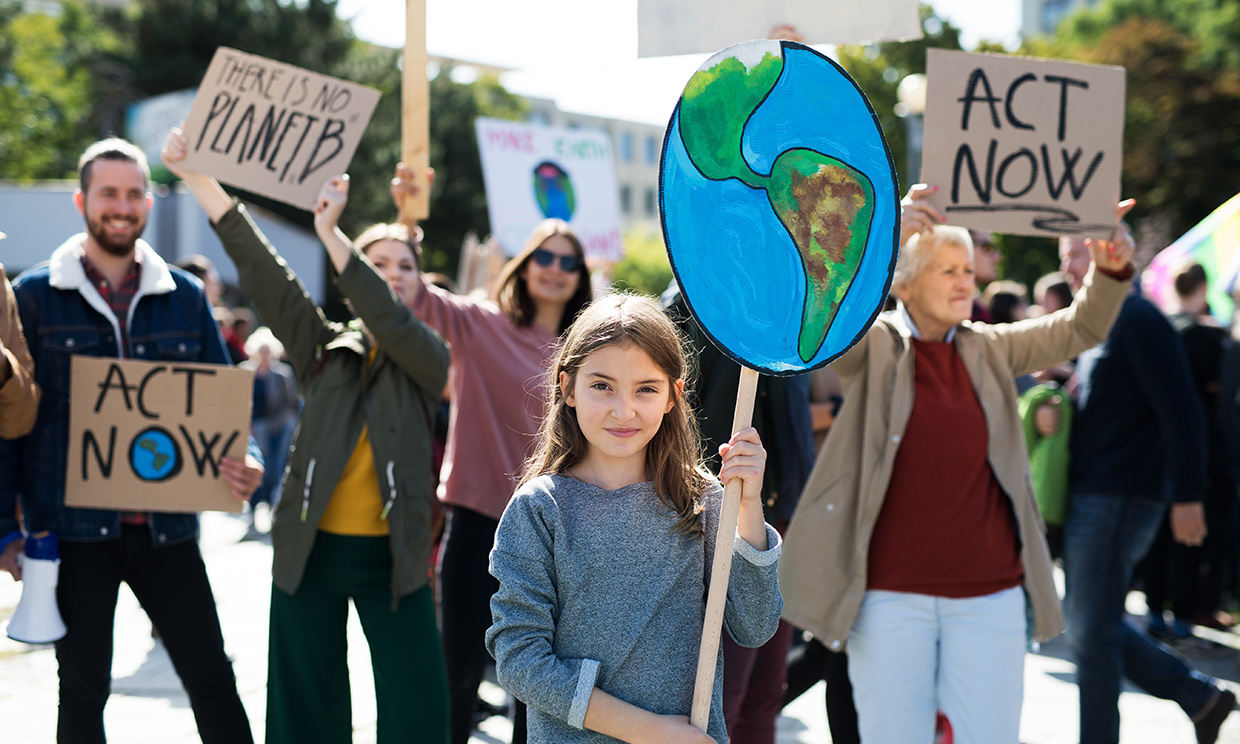How to Approach the Challenge of Changing the World
Join us in a thought experiment on changing the world. Should you strive for perfection or focus on momentum?
Tom Rivett-Carnac has spent 20 years working at the intersections of international diplomacy, energy policy and climate change in business, non profit, financial services and international institutions.
Published
16 March 2023

I want to ask you to engage in a thought experiment with me.
Imagine you have been given a great task, to change the world in some fundamental way that is important to you. How do you approach the challenge?
One way would be to decide that now you have your mission in life, and, in the great tradition of moral leaders of the past, whatever complexities may come, you will not compromise or change direction. Let’s call this the “perfection” theory of changing the world.
Another approach would be to decide on the direction and be really practical about how to get there. You know you can’t achieve it in one go, so you look at what steps you can take to begin. Then you take another step and then another, slowly and persistently working your way towards your goal. Let’s call this the “momentum” theory of changing the world.
Both of these approaches have their strengths and their weaknesses. The first has the benefit of moral clarity and sureness of purpose. You will inspire some people with your vision while others will call you naive and impractical. The second is pragmatic and will enable you to get moving and build momentum. But how will you hold onto your vision of the outcome as the world changes you on your journey? Some will say you are practical and action focussed. Others will say you are a sell out and not clear about what really matters.
Of course, this is not really a thought experiment – it is a real life situation that we are all facing. As we deal with the climate crisis, some of us are drawn to the momentum theory of changing the world and others are drawn to the perfection theory. Given the complexity of the challenge, we need everyone, and we definitely need different approaches. But something has been bothering me these last few years.
It has struck me that people who work on and care about solving the climate crisis have been spending a lot of time arguing with each other about what the right approach is, in a manner that I sense is becoming damaging.
If you are an activist and working hard to protest, raise attention and refuse to be complicit in the destruction of our planet, it won’t be long before someone else in the climate movement accuses you of using tactics that put off the general population and are so exacting that they put people off from taking action. If you work in corporate sustainability, working hard to change your company, it is likely that someone has accused you of moral bankruptcy because you buy offsets, or suggests you are making the problem worse by being an apologist for the capitalist system.
I’m not suggesting there is a ‘right’ answer to this, or a ‘right’ approach, but I do think that we can do better than we are currently as a community, by bringing the issue into the light and understanding it better. And that’s why we are launching today’s two part mini-series on Outrage + Optimism. We wanted to hear from different people within the community on their perspectives and to open our minds to new ways of working.
Our esteemed guests include Helen Pankhurst, Jerome Foster, Gail Bradbrook, Bill McKibben, Farhana Yamin and Sister True Dedication, along with many other brilliant individuals.
I really hope you will tune in to listen, learn from them as I did and continue the conversation with an expanded point of view. I’d love to hear what you think: do share your thoughts here.







